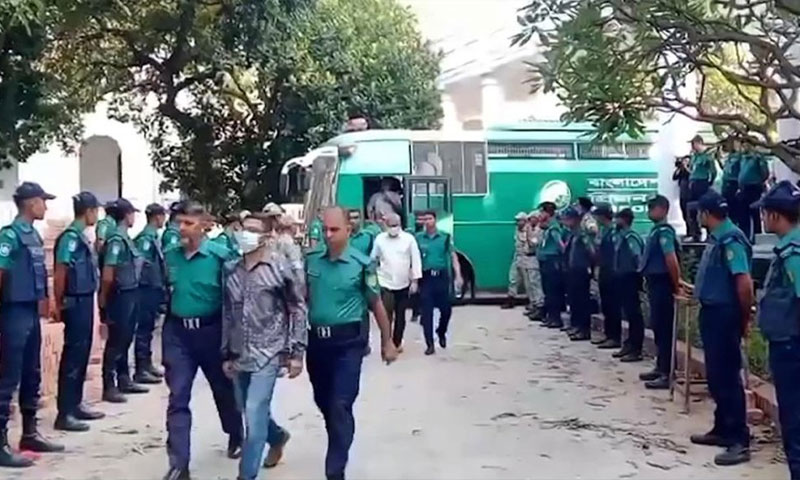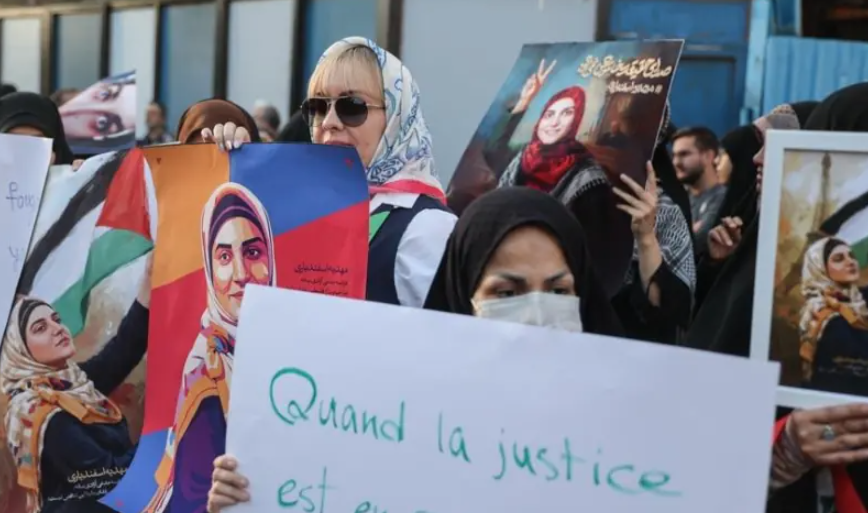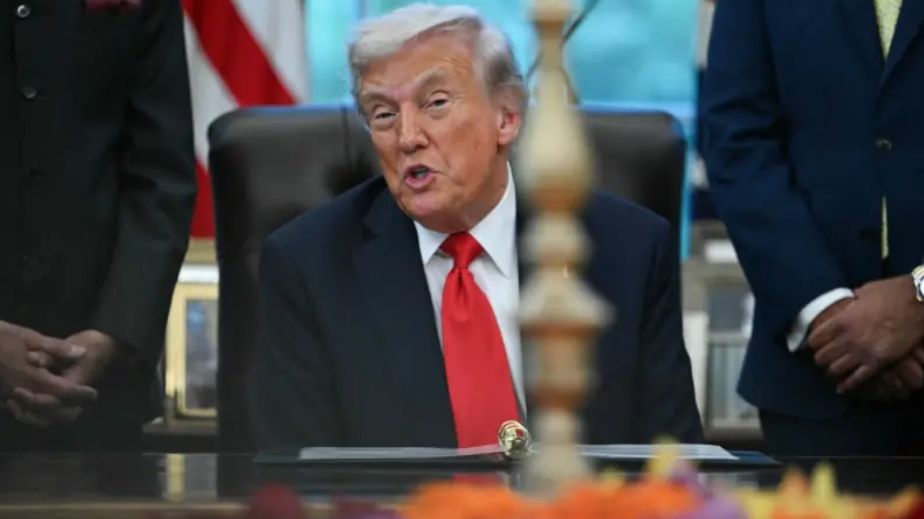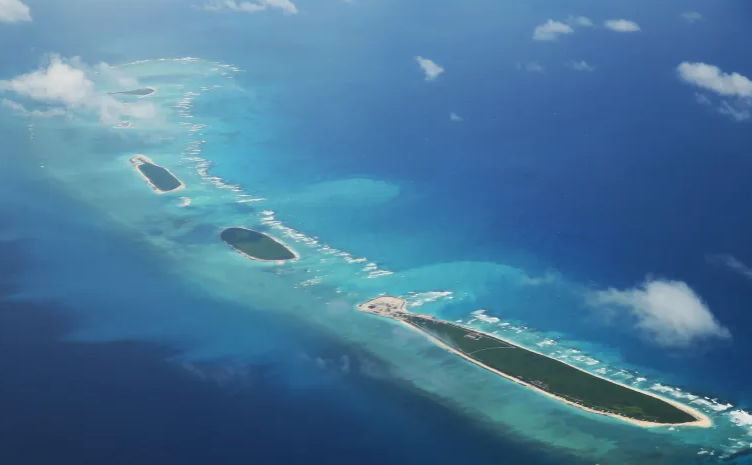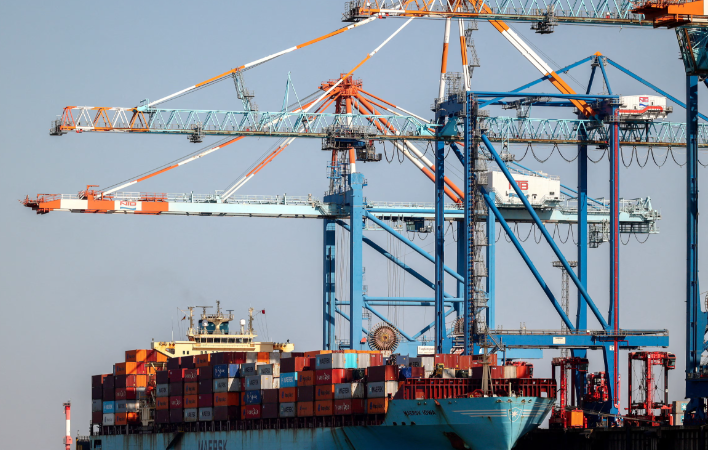WORLD NEWS
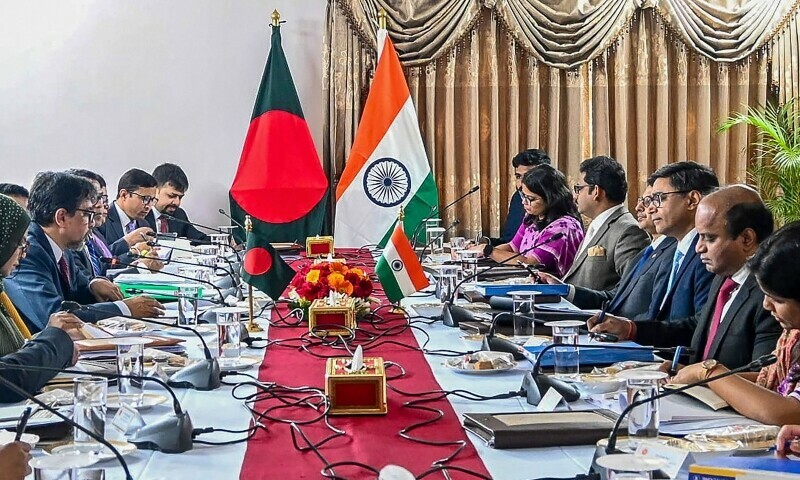
India’s top career diplomat, Vikram Misri, arrived in Dhaka on Monday for a crucial diplomatic mission to defuse escalating tensions between India and Bangladesh, which have been high since the August overthrow of Bangladesh's long-time autocratic leader, Sheikh Hasina. Misri’s visit marks the first in-person meeting between senior officials from both nations since Hasina’s ouster, with both sides eager to address growing diplomatic strains.
Sheikh Hasina, 77, had been a staunch ally of India during her rule, which lasted for over a decade. Following her removal from power, Hasina sought refuge in New Delhi, where she remains despite Bangladesh’s plans to seek her extradition. Her exile and subsequent actions have sparked political unrest within Bangladesh and raised concerns in India about the stability of the region.
Muhammad Yunus, a Nobel laureate and leader of Bangladesh's interim government, has condemned what he describes as "Indian aggression," accusing India of attempts to destabilize his administration. Yunus, who is tasked with overseeing democratic reforms in Bangladesh, has firmly denied these allegations, urging India to clarify its position and resolve the "clouds" of suspicion surrounding their bilateral ties.
In his meeting with Yunus on Monday, Misri emphasized India’s desire for a “positive, constructive, and mutually beneficial relationship” with Bangladesh. Misri also expressed regret over reported attacks on cultural, religious, and diplomatic properties in Bangladesh, urging the interim government to address these issues in a manner that fosters mutual respect and cooperation.
Despite Bangladesh’s denials of these reports, relations between the two nations remain fragile. Bangladesh has also called on India to stop sheltering Hasina and to extradite her back to Dhaka, fueling further tensions. On the other hand, India has raised concerns over the safety of its Hindu minority in Bangladesh, accusing the interim government of failing to protect them from retaliatory violence following Hasina’s ouster.
Yunus’s administration has repeatedly acknowledged and condemned these attacks but insists that they were often driven by political motivations rather than religious factors. In turn, Yunus has accused India of exaggerating the scale of the violence, labeling it as part of a “propaganda campaign” designed to undermine his government’s legitimacy.
The diplomatic tensions have also been exacerbated by Hasina’s decision to re-emerge from her exile in New Delhi. On Sunday, she addressed her supporters in London via video link, accusing Yunus's government of deliberately targeting minority communities in Bangladesh. Hasina’s remarks have fueled the ongoing dispute, as her supporters insist that she remains the legitimate leader of Bangladesh, despite her ouster and the popular uprising that led to her exile.
The outcome of these diplomatic talks remains to be seen, but both India and Bangladesh are eager to resolve their differences. Misri's visit highlights India’s continued interest in maintaining strong, stable relations with its neighbor, even as both sides navigate the complex political and social dynamics in the aftermath of Hasina’s removal.
